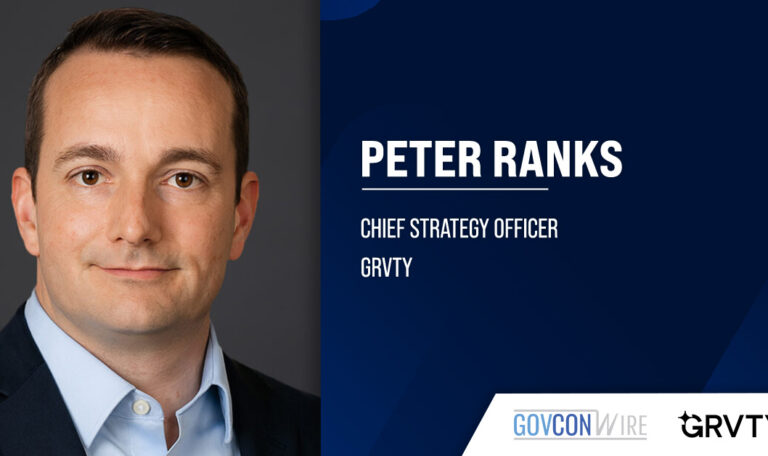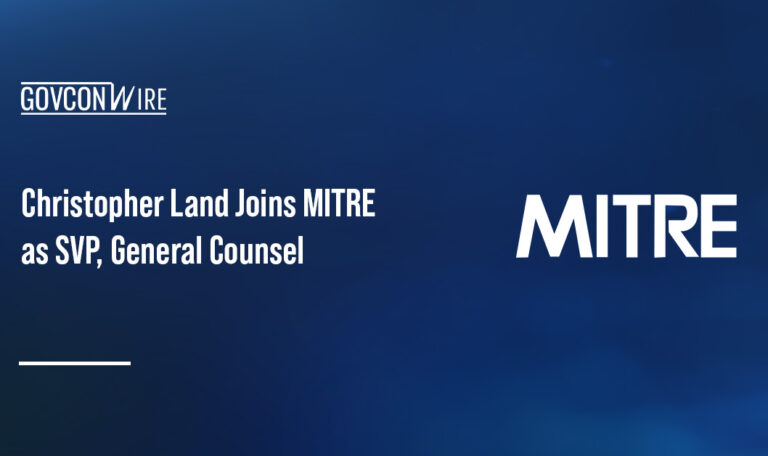GovCon Expert Chuck Brooks, an invaluable member of Executive Mosaic’s GovCon Expert program, has published his latest feature detailing the essential understanding of cybersecurity, its capabilities, the best practices to get the most out of the technical concept and the awareness of cyber’s potential to find success.
“At its very core, the practice of cybersecurity is risk management. It requires being vigilant and encompasses educating employees, identifying gaps, assessing vulnerabilities, mitigating threats, and having updated resilience plans to respond to incidents.”
You can read Chuck Brooks’ latest GovCon Expert article below:
Strategic Paths of Cybersecurity
By GovCon Expert Chuck Brooks
Cybersecurity requires a plan and strategy.
At its very core, the practice of cybersecurity is risk management. It requires being vigilant and encompasses educating employees, identifying gaps, assessing vulnerabilities, mitigating threats, and having updated resilience plans to respond to incidents.
Government and industry leaders should have a working understanding of risk management (and risk exposure) and have context on the different array of threats and threat actors. They should also be knowledgeable on the guiding axiom of the National Institute of Standards and Technology (NIST) Framework: Identify, Protect, Detect, Respond, Recover.
Cybersecurity is a responsibility and the elements of cybersecurity include policies, processes, and technologies. Every company and agency is unique in culture, mission and capabilities, but in terms of cybersecurity, the management and employees are accountable for overseeing those elements. Everyone should treat cybersecurity as a company or organizational priority.
Cybersecurity’s backbone is effective communication. The CISO, CTO, CIO, and executive management must align strategies, collaborate, and regularly assess their information security programs, controls, and safety of networks. Communication enables readiness by sharing intelligence on threats and new security innovations.
Security awareness training is also an important mandate for everyone at any company or organization. Cybersecurity requires expertise. Because of the increasingly sophisticated threat environment. a blend of internal and outside subject matter experts may make sense.
It is always useful for executive management in both the public and private sectors to gain the perspectives and ideas from experts on the outside. It helps avoid complacency. Areas of special knowledge should incorporate: legal compliance, cybersecurity technology solutions and services, training, liability insurance, governance, and policy.
Information security management should include people with an ISO 27001 standard expertise and a knowledge of best practices.. Prudent policy advice necessitates that companies develop strong relationships with the government.















